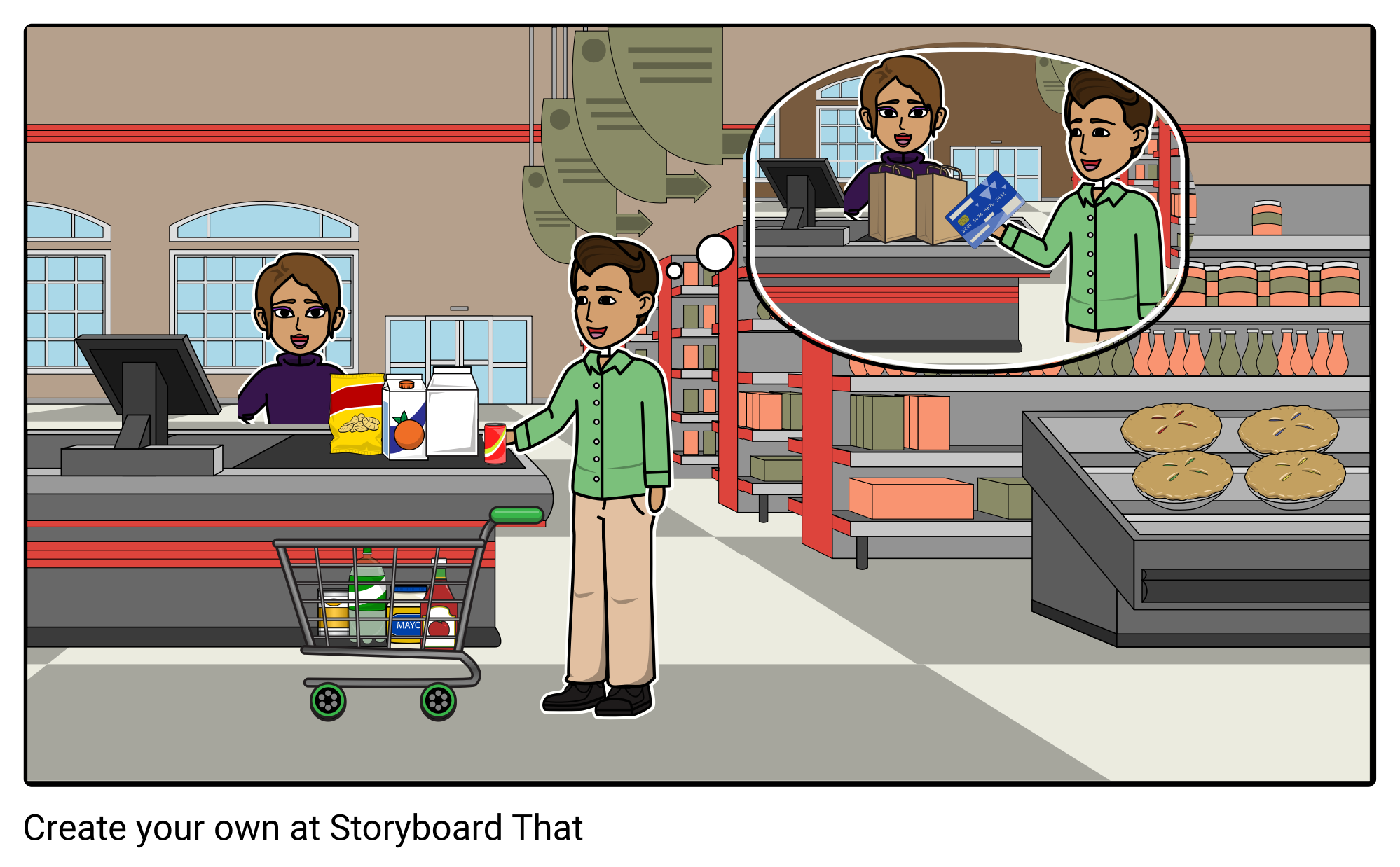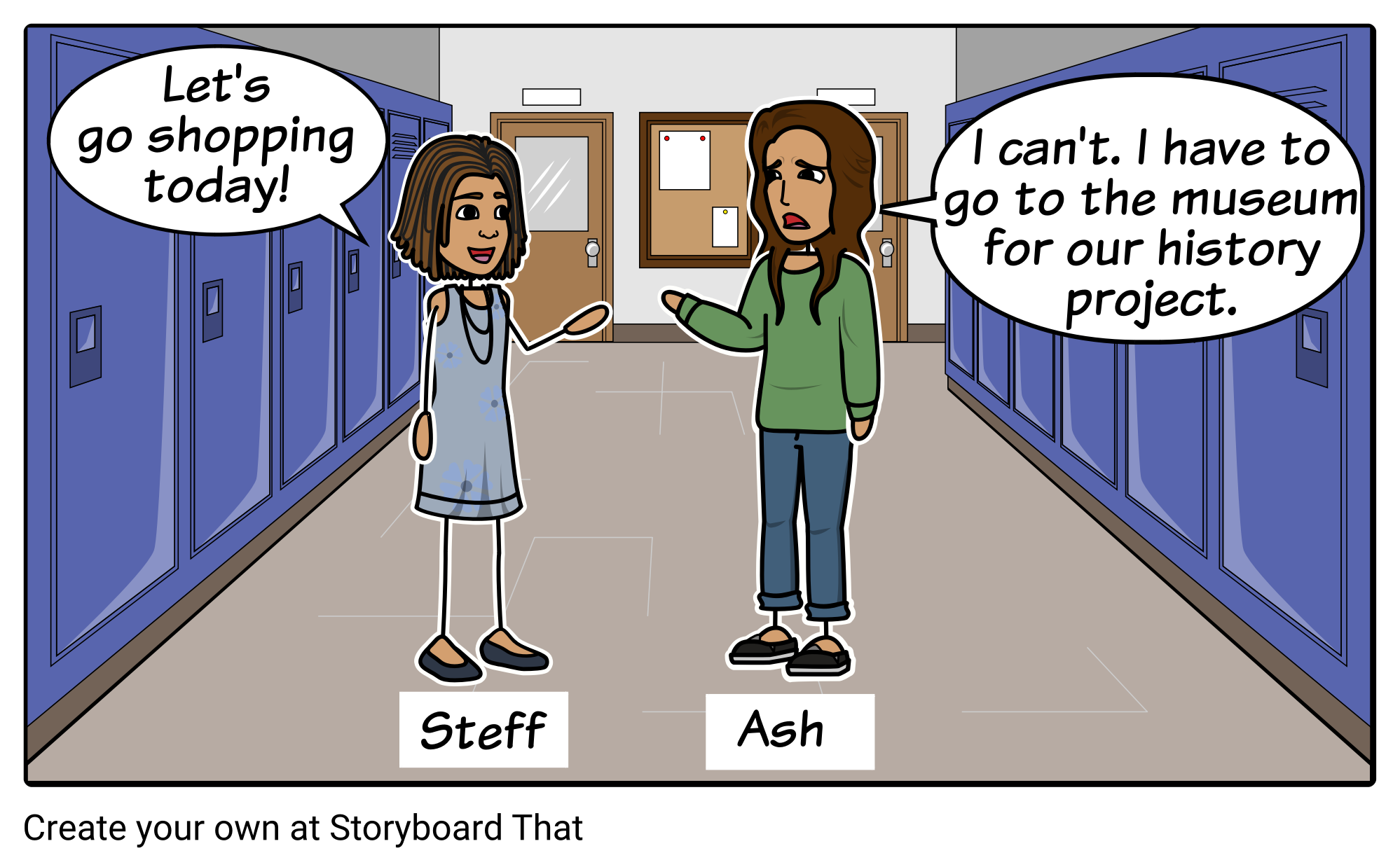Then, please read aloud the passage starting from the title.
I will correct your pronunciation as you read.
(Title)
(passage)
According to the passage, (question)?
Then, please read aloud the passage starting from the title.
I will correct your pronunciation as you read.
(Title)
(passage)
According to the passage, (question)?
Then, please read aloud the passage starting from the title.
I will correct your pronunciation as you read.
(Title)
(passage)
According to the passage, (question)?
Then, please read aloud the passage starting from the title.
I will correct your pronunciation as you read.
(Title)
(passage)
According to the passage, (question)?
Then, please read aloud the passage starting from the title.
I will correct your pronunciation as you read.
(Title)
(passage)
According to the passage, (question)?







 Hey, Alice. You look tired.
Hey, Alice. You look tired.


 GOOD
GOOD 


